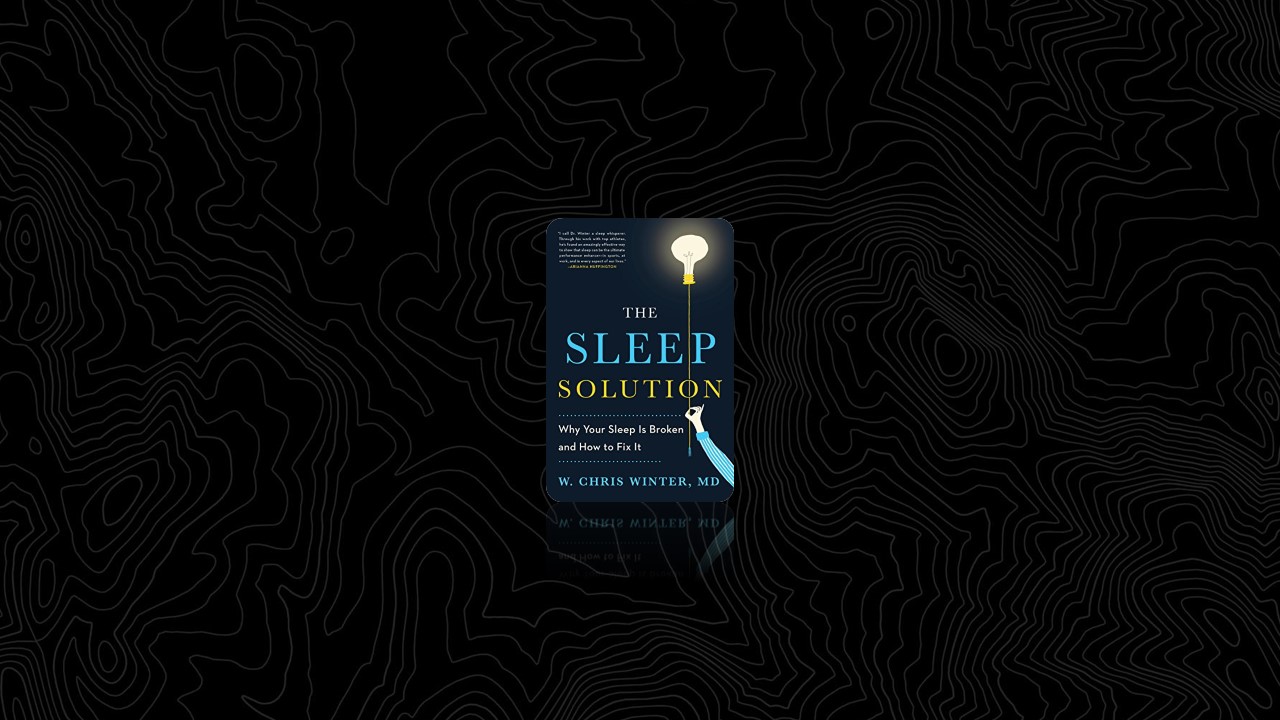WHAT IS SLEEP GOOD FOR? ABSOLUTELY EVERYTHING!
When sleep is not working properly, you don’t work properly.
When people say scientists don’t know why we sleep, they are wrong. We sleep to stay alive.
Why do we eat a crab cake? Why do we drink a glass of orange juice? Because we have no real choice. We must eat to live. With sleep, we have even less choice because when the drive to sleep is strong enough, it overpowers us and forces us to sleep.
Sleep always wins. Sleep is a powerful driver of human behavior. What else drives us? Read on and find out.
PRIMARY DRIVES
Animalistic primary drives include hunger, thirst, sex, and sleep. Without meeting these needs, you will die (except for sex, the lack of which results in the entire population fizzling out).
You sleep. You may not sleep well, but you do sleep.
The need for sleep varies from person to person and actually tends to decline as we mature.
Something about rats sleeping in dirty cages.
Well, it’s great that rats sleep in cages, but you sometimes can’t fall asleep in your comfy bed, even on nights when you are totally exhausted. How can someone be that tired yet not fall asleep? Let’s talk about what it means to be sleepy.
SLEEPY VERSUS FATIGUED
Fatigue refers to a lack of energy, rather than a desire to sleep.
You can be fatigued or sleepy or both. You could be neither. If you are neither, why are you reading this book? What you really need is a book to help you understand why everyone hates you and your fresh and energetic life.
True sleepiness is caused by one of three things: medication, sleep deprivation, or sleep dysfunction.
Our sleep is based on two systems, the homeostatic and circadian.
You are or you are not sleepy. If you were brave enough to take some sleepiness assessments, you should have a feel for how sleepy you are or are not.
Feel yourself letting go of the notion that there is something terribly wrong with your brain that’s preventing you from getting a good night’s sleep.
You are a good person.
And you absolutely can sleep.
SLEEP STAGES
Your sleep is divided into three distinct stages—light sleep, deep sleep, and dream sleep.
Dream sleep is also known as REM sleep and is important for memory and mood regulation.
A lack of deep sleep can cause sleepiness because it is the most restorative phase of sleep.
These three stages in a healthy sleeper should flow in a predictable pattern.
Get all the sleep you need and work toward consistency in your sleep schedule. Consistency does not mean you must wake up at a ninety-minute interval.
Seek truth and avoid TH.
VIGILANCE AND AROUSAL
Vigilance or arousal counteracts sleepiness and works to keep us awake.
This can be a positive thing, or if vigilance is too great, it can be a real problem.
Throughout the day, the balance between sleepiness and vigilance changes. That’s what wakes us up in the morning, and drives us to bed at night.
Steve Blass won a hundred games as a Pirate and kicked serious ass in the 1971 World Series, allowing only seven hits and two runs in the eighteen innings pitched. He was the runner-up to the great Roberto Clemente for MVP of the World Series that year. His throwing issues did not define him.
Your sleep issues do not define you either. Keep reading and learn why some of the things you believe to be happening when you sleep may simply not be true.
SLEEP STATE MISPERCEPTION
It is possible to sleep at night and have a limited ability to perceive your sleep.
While not perceiving your sleep is not the same as not sleeping, it is still abnormal!
Start opening your mind to the possibility that this might be happening to you as you struggle to stay asleep “all night long.”
You’re asleep, you’re awake, you’re awake but really asleep, you’re asleep but really awake.
It’s so complicated. How does your brain keep track of when all of this should be happening? Read on to find out how the brain keeps you and your sleep on schedule. Hint: Here comes the sun!
CIRCADIAN RHYTHMS
Circadian rhythms dictate everything we do, including when we get sleepy and when we feel awake.
It is important that we consider our mealtimes, exercise, and light exposure when it comes to trying to establish a healthy circadian rhythm.
Jet lag and shift work represent examples of circadian rhythm disorders.
SLEEP HYGIENE
Make your room dark. Crazy dark.
Spend so much money on your new bedding and room furnishings that you can’t afford your nicotine and caffeine habits anymore.
Buy your spouse a special gift, then kick him out of your bed until his own sleep problems are fixed.
Develop a sleep routine. Feel free to incorporate Goodnight Moon. It works on adults too.
INSOMNIA
Anxiety and stress are key components of insomnia. Accept that they are playing a role in your sleep disturbances. Work to minimize them.
It is essential that you take an honest look at all of the factors contributing to your poor sleep and develop a plan for improving them. Enlist the help of others. Be open to their perceptions.
Develop a CBT-I plan, and if you cannot do it yourself, know there are certified CBT-I providers sitting in little offices everywhere just waiting to help.
HARD INSOMNIA
Fear and helplessness are the fuel that powers insomnia. Education about sleep is the solution. Controlling what you can control and letting go of the rest is the solution to your helplessness. You have power here. Insomnia can exist only in an individual who cares.
Sometimes you control everything you could possibly control, you get into bed after being up a really long time and you still don’t fall asleep immediately. Sometimes Appalachian State comes into Ann Arbor and beats Michigan in football. Sometimes Buster Douglas beats Tyson. Sometimes the USA beats Russia in Olympic hockey. I can’t explain it. It happens. Don’t get too upset about it and move on.
Control your fear and anxiety about the situation. If sleep is not happening, just relax and enjoy the peaceful time. Resting helps your body too.
Sleep disorders are only one of many things that make people feel bad during the day. Investigate all the possibilities. Don’t get hung up on your sleep. It may not be all that bad.
SLEEPING AIDS
Sleeping pills are appropriate when they are used in specific situations for a specific purpose. Among these are acutely stressful situations, jet lag, and shift work difficulties.
But if you take a sleeping pill, be sure you have a plan for its use. Before you even start taking it, work out with your doctor under what circumstances you will take the pill, for how long, and when you will move on to some other form of therapy or intervention.
If you are currently hooked on sleeping pills, talk to your doctor about how to get off them. If you do, you’ll sleep better.
SLEEP SCHEDULES
The single most important thing to achieving successful sleep is to have a consistent wake time.
Once you have that, you can choose the going-to-bed time that works for you.
One way or another, everyone, young or old, needs a schedule to sleep by.
This schedule does not have to be eight to nine hours for everyone.
Shift workers need especially sound schedules, and even then they may require further help with their sleepiness and wakefulness.
NAPPING
Napping can be okay if done wisely. Just as you should have a plan for consistent wake time in the morning, have a plan for your nap wake time as well.
Napping is okay if it is efficient and satisfying. It’s best if done early in the day and kept under thirty minutes.
If you stay up too late one night, make up your sleep debt as soon as you can.


